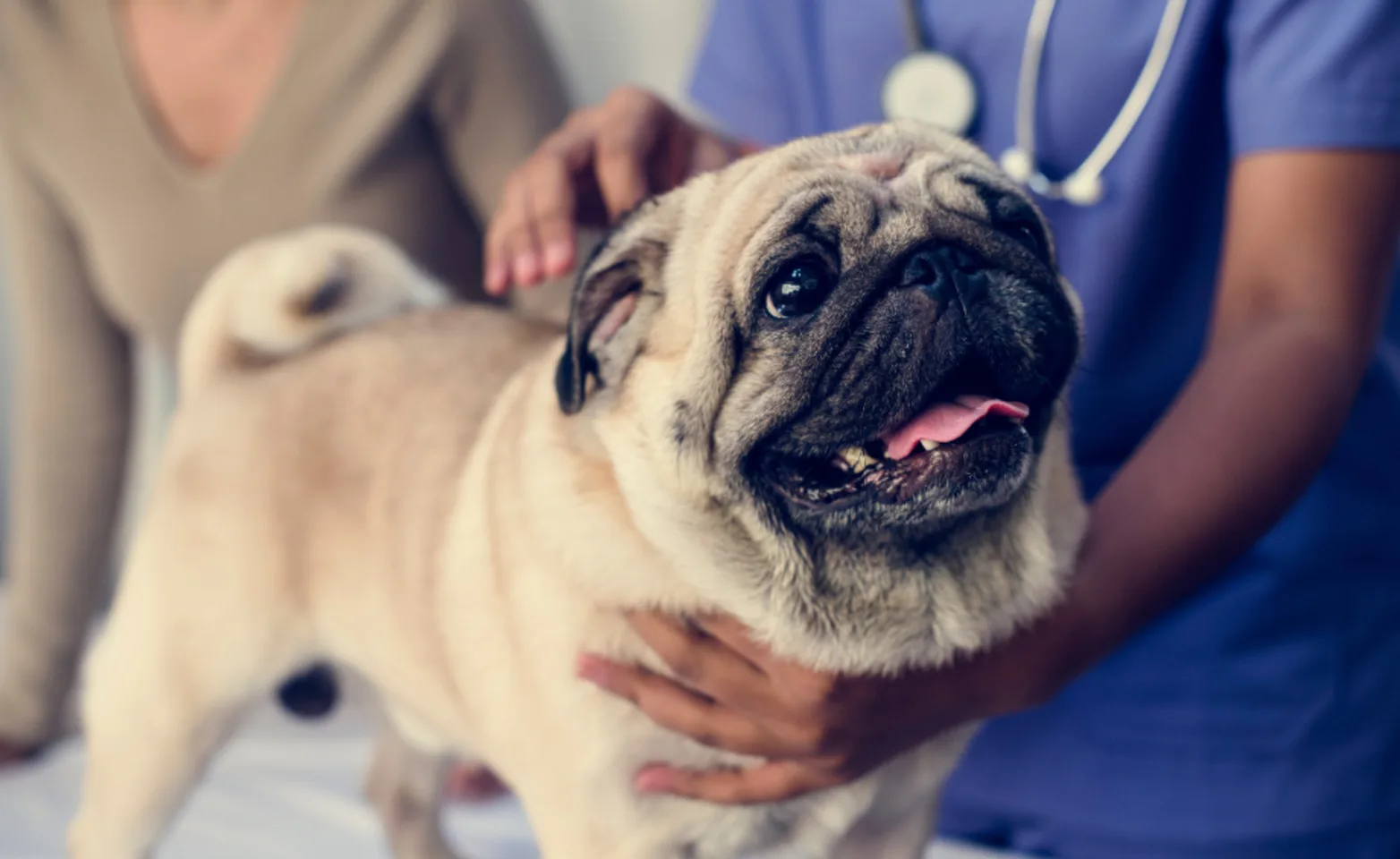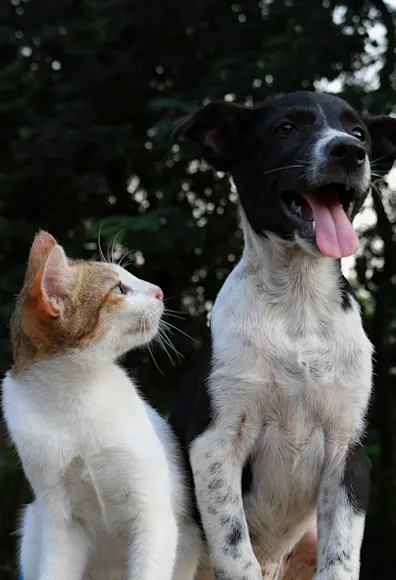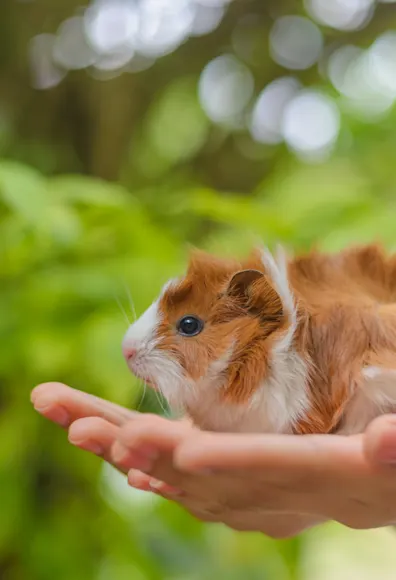Shiloh Veterinary Hospital




Our Mission Statement
Our goal and policy are to treat our clients as we would treat our families, and to treat our client’s pets as though they were our own. Our clients and patients are the heart of our practice and the reason we are here. At all times our clients and patients will be treated with respect, dignity, and compassion. Being of service to our clients and patients is the definition of our purpose and the mission of our practice.





